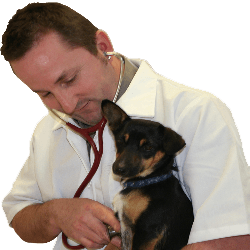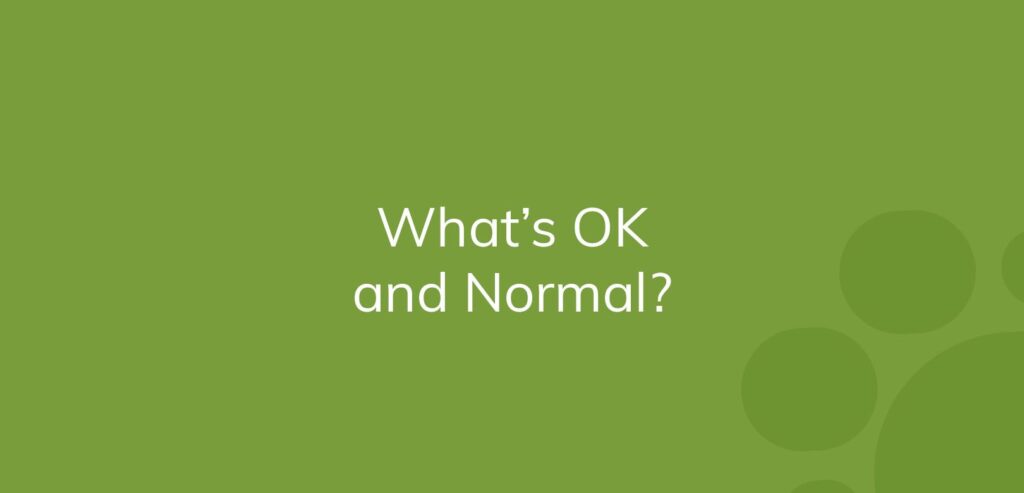Puppy Parenting Made Easy . What is Normal Puppy Behaviour?
Well some of you might be parents that remember bringing your first child home. The midwife hands you a baby capsule with your precious cargo and by some miraculous powers you are imbued with all the parental knowledge imaginable…… kinda didn’t work that way hey
It was more like being on tenter hooks not knowing whether your baby is OK or worrying if what you were doing is right
Let’s try and make it a little easier for you as new puppy owners. Puppies are just baby dogs so, fundamentally as much as they are cute ….. they are eating, drinking, playing, pooing, weeing and sleeping balls of fluff!
In a nutshell, your puppy should:
- Be showing interest in food, have a healthy appetite and drinking water;
- Have their energetic spurts of playing. Let’s call it the mad 10minutes;
- Be sleeping A LOT because as babies are busy growing.
During the first couple of days most puppies have been on this journey; they have been removed from their Mum, brother and sisters, taken in a funny capsule (car) on a journey to a new planet that is to be called home, with some new and strange people!
Would your head would be spinning? That is exactly how your puppy feels!!
There are many changes that are placing a lot of ‘rehoming stress’ on your puppy. So they might be a little quiet until they scope their new home. Along with this they can often have a mild, upset stomach with light diarrhoea or occasional vomit. The difference here is that your puppy should still be bright, alert, active and interested in food.
If your puppy is unsettled, crying a lot, unwilling to eat and drink, maybe sleeping excessively and not showing those bursts of energy then this could be abnormal.
Just like babies, puppy’s health can deteriorate rapidly and they have little body reserves so take any change in their behavior seriously.
Signs you’re your puppy is not thriving could be more obvious :
- Persistent Diarrhoea
- Persistent Vomiting
- Painful or constant urination, inability to urinate
- Painful passing of faeces or inability to pass faeces Not wanting to eat and drink
- Discharge from eyes /nose /mouth
- Weight loss regardless of eating
- Lethargy
- Sore skin or wounds
- Excessive scratching
- Limping or inability to stand
- Pain

Common sense should be ringing alarm bells if your puppy is ‘Not quite right’. If you are worried then we are worried. So time to check in with your vet.





